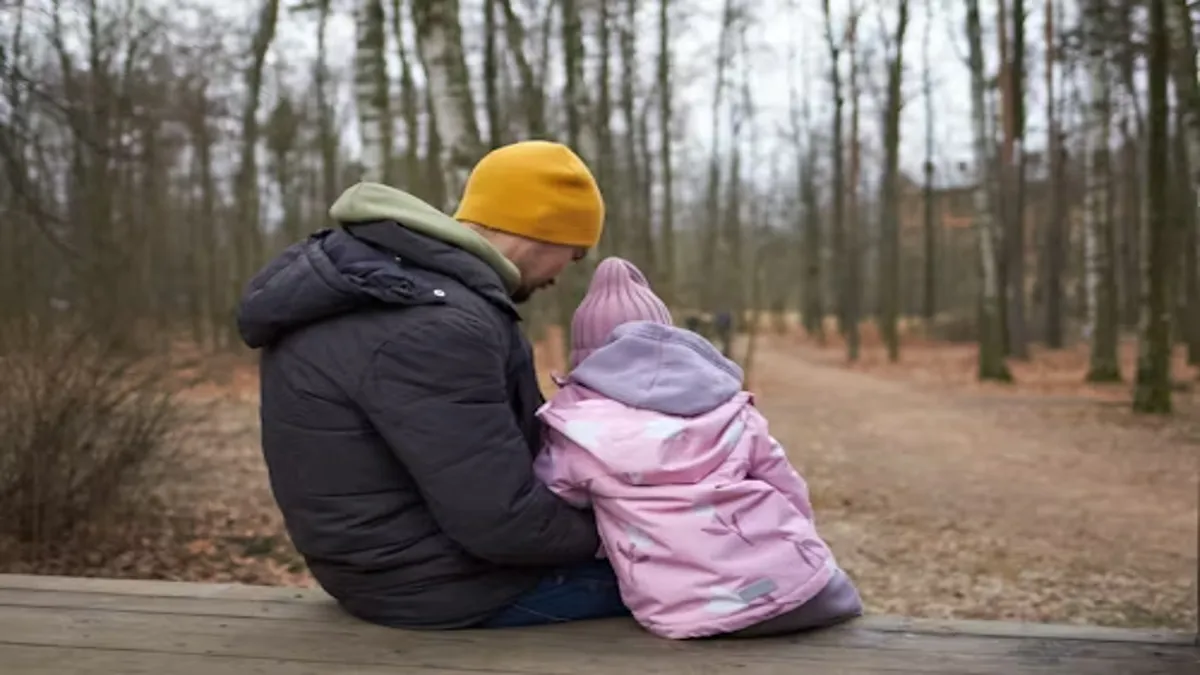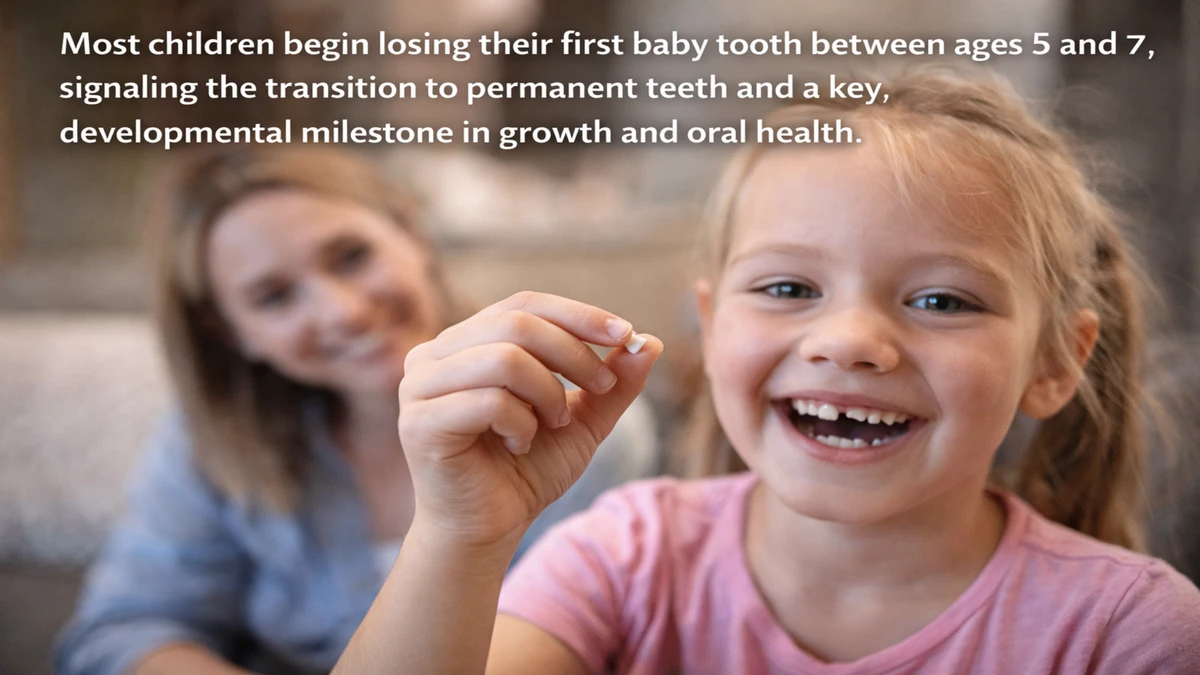Across the United States and around the world, increasing numbers of adults are quietly confronting a psychological truth that once lived only in the shadows of clinical offices: growing up with emotionally immature parents leaves long-term imprints that shape identity, relationships, self-worth, and even physical health. Within the first hundred words, the search intent becomes clear—people looking for information on adult children of emotionally immature parents want clarity, validation, and an understanding of how such childhood environments produce patterns that continue into adulthood. The topic is no longer confined to academic journals or therapeutic circles; it appears in bestselling books, social media discussions, and support groups filled with individuals seeking to rewrite the scripts of their upbringing.
Emotionally immature parents are not necessarily abusive, negligent, or malicious. Often, they are overwhelmed, under-resourced, or locked within their own unresolved traumas. Their inability to regulate emotions, offer attuned support, or model secure attachment can silently shape a child’s internal world. These children may grow into adults who appear high achieving yet remain chronically anxious, or who seem independent but secretly struggle with boundaries, self-soothing, and emotional trust. As mental health research evolves, clinicians and psychologists are recognizing the systemic and neurological consequences of emotionally immature caregiving—the way it affects brain development, cortisol regulation, attachment style formation, and interpersonal ability.
This article investigates the experiences of adult children of emotionally immature parents, blending the voices of clinicians, researchers, and individuals reshaping their psychological narratives. It also explores how societal pressures, historical trauma, and cultural norms create generations of emotionally stunted parenting—and how a new wave of mental health literacy is transforming silent suffering into collective understanding.
Interview Section
Interview Title: “Growing Up Unseen: A Conversation on Emotional Immaturity and Its Adult Aftermath”
Date: February 7, 2026
Time: 3:11 p.m.
Location: A trauma-informed therapy center in Seattle. The waiting room glows with soft amber lamps; sage diffusers pulse faint earth scents into the air. Outside, rain blurs the windows into impressionistic streaks.
Participants:
- Interviewer: Rachel Whitmore, Mental Health Features Correspondent
- Expert: Dr. Helena Moritz, licensed clinical psychologist and director of the Pacific Institute for Attachment & Emotion Regulation.
Scene Setting
The therapy room feels like a sanctuary: woven tapestries on the walls, thick blankets folded over the couch, a shelf lined with psychology books and potted ferns. Dr. Moritz enters with a calm, grounded presence, her navy cardigan draped softly around her shoulders. She sits across from me, legs crossed, hands gently clasped, her expression attentive yet deeply compassionate.
Dialogue
Interviewer: Dr. Moritz, when adults say they grew up with emotionally immature parents, what does that typically mean?
Moritz: (leans forward slightly, voice steady)
It means their parents lacked emotional attunement. They struggled with empathy, regulation, or understanding their child’s inner world. These parents aren’t villains—they’re often emotionally overwhelmed themselves. But the impact can be profound.
Interviewer: What patterns do you most often see in adults who grew up this way?
Moritz: (hands open in a gentle gesture)
Hyper-independence, chronic self-blame, difficulty asking for help, and an internalized belief that their needs are “too much.” Many also form relationships where they feel they must earn emotional safety instead of expecting it naturally.
Interviewer: Why does this childhood environment stay with people so long?
Moritz: (nods slowly)
Because emotional safety—or the lack of it—shapes the nervous system. It affects attachment patterns, stress responses, even how the brain interprets ambiguity. Childhood is the blueprint for adulthood.
Interviewer: Some people feel guilty naming their parents’ immaturity. How do you help them navigate that?
Moritz: (eyes soften, voice quieter)
We differentiate blame from understanding. Naming what happened isn’t cruelty; it’s clarity. It frees people from carrying responsibility that was never theirs.
Interviewer: What would you say is the first step toward healing?
Moritz: (places a hand over her notebook, thoughtful)
Recognizing that emotional needs are not burdens—they’re human. Then building relationships and routines that reinforce safety rather than scarcity.
Post-Interview Reflection
After the interview ended, Dr. Moritz walked me to the hallway, pausing beside a framed abstract painting. She tapped the glass lightly and said, almost to herself, “People learn to survive by shrinking. Healing is the process of expanding again.” Her words lingered as I stepped outside into the rain, the sound of droplets striking pavement echoing the quiet resilience of those who grew up unseen.
Production Credits
Interviewer: Rachel Whitmore
Editor: Jalen Osei
Audio Recorder: Rode NT1
Transcription: Human-edited transcript based on live recording
References (Interview Segment Only)
Moritz, H. (2026). Personal interview with Rachel Whitmore, Pacific Institute for Attachment & Emotion Regulation.
Pacific Institute for Attachment & Emotion Regulation. (2025). Clinical approaches to emotional neglect and trauma recovery. Seattle Press.
National Institute of Mental Health. (2023). Childhood trauma and long-term psychological outcomes. https://www.nimh.nih.gov
The Psychology of Emotional Immaturity
Emotional immaturity in parents often stems from unresolved trauma, chronic stress, limited modeling, or cultures where emotional expression is discouraged. Researchers identify four primary categories—emotionally reactive, emotionally withdrawn, self-involved, and inconsistent parents—each with distinct behavioral patterns. For children, the common thread lies in unpredictability: affection may come sporadically, stability inconsistently, and emotional validation rarely. “Children adapt by minimizing their emotional presence,” explains Dr. Nora Phillips, a child development specialist at Yale. “They learn that safety is found in self-sufficiency, not connection.” Neuroscientifically, emotional immaturity can disrupt attunement during critical developmental windows, affecting limbic system calibration, stress hormones, and relational expectations. Many adult children report feeling emotionally older than their parents—a dynamic clinicians note as “role inversion,” where the child becomes the caretaker.
Table: Types of Emotionally Immature Parents
| Category | Characteristics | Impact on Child |
|---|---|---|
| Reactive | Volatile emotions, defensiveness | Anxiety, hypervigilance |
| Withdrawn | Distant, unavailable | Loneliness, emotional suppression |
| Self-Involved | Narcissistic tendencies | Poor boundaries, people-pleasing |
| Inconsistent | Unpredictable support | Confusion, fear of abandonment |
Attachment Patterns in Adulthood
Adults raised by emotionally immature parents often develop insecure attachment patterns. Avoidant individuals may fear closeness, relying heavily on independence. Anxiously attached adults may pursue reassurance but distrust it when received. Disorganized attachment—common in chaotic homes—creates inner conflict between longing and fear. “These patterns aren’t personality flaws,” notes Dr. Emily Jameson, a neuroscientist at Stanford. “They’re adaptive survival responses.” As adults, these individuals may choose partners resembling their parents’ emotional patterns, inadvertently repeating childhood dynamics. Therapy emphasizes reconditioning the nervous system, building awareness of relational triggers, and learning to identify consistent emotional safety. Over time, many adults who grew up this way become highly empathetic and perceptive—strengths built from navigating emotionally unpredictable environments.
The Social and Cultural Roots of Emotional Immaturity
Emotional immaturity does not occur in a vacuum. Historical trauma, economic instability, cultural stoicism, and generational silence contribute to widespread emotional underdevelopment. In some communities, emotional expression is stigmatized as weakness. In others, chronic stress inhibits parental attunement. Societal factors—long work hours, inadequate childcare support, unresolved trauma in previous generations—create conditions where emotional regulation is a luxury few parents possess. Sociologist Dr. Irene Mendoza argues, “We often blame individuals for emotional immaturity, but it is structurally manufactured.” This perspective reframes healing not as an indictment of parents but as an understanding of the systems that shaped them. The intergenerational nature of emotional immaturity means many adult children are the first in their lineage to confront and articulate these wounds.
Table: Intergenerational Influences on Emotional Immaturity
| Influence | Example | Result |
|---|---|---|
| Cultural Norms | “Don’t talk back” | Emotional suppression |
| Historical Trauma | War, displacement | Dysregulated parenting |
| Economic Pressure | Multiple jobs | Limited attunement |
| Poor Modeling | Emotionally immature grandparents | Repetition of patterns |
Healing Pathways: What Recovery Looks Like
Healing for adult children of emotionally immature parents involves a combination of emotional literacy, boundary formation, self-compassion, and relational re-patterning. Therapies such as Internal Family Systems (IFS), Emotionally Focused Therapy (EFT), and somatic trauma work offer tools to reconnect adults with parts of themselves long suppressed. “Healing isn’t about fixing your parents,” says Dr. Anika Shah, a trauma psychologist at the University of Michigan. “It’s about reclaiming the self that adapted to survive them.” Many adults begin by identifying their core emotional needs—safety, presence, respect, consistency—and practicing asking for them in secure relationships. Self-soothing skills such as mindfulness, breathing techniques, and nervous-system regulation help rebuild internal safety. Over time, adults form identities not forged in survival, but in intentionality.
Bullet Takeaways
- Emotionally immature parents struggle with regulation, empathy, and emotional attunement.
- Adult children often develop hyper-independence, self-doubt, or insecure attachment styles.
- Neuroscience shows early emotional environments shape long-term stress responses.
- Healing involves emotional literacy, boundaries, and relational re-patterning.
- Cultural and historical forces contribute significantly to emotional immaturity.
- Recovery centers on reclaiming emotional needs and developing internal safety.
Conclusion
Adult children of emotionally immature parents often carry silent wounds into adulthood—wounds buried beneath competence, caretaking roles, and self-reliance. Yet their stories are increasingly recognized as part of a broader cultural reckoning with mental health literacy and intergenerational trauma. Emotional immaturity is not a moral failure; it is a pattern rooted in unprocessed histories and systemic pressures. As adults begin naming these patterns, a new chapter of healing emerges—one defined by emotional clarity, boundary-setting, relational safety, and the radical act of self-compassion.
Healing does not require perfect parents or perfect pasts; it requires honest understanding and a willingness to build internal worlds that feel safe, warm, and whole. For many, this journey becomes not just recovery, but liberation.
FAQs
Is emotional immaturity the same as emotional neglect?
Not always, though they overlap. Emotional immaturity may result in inconsistent or inadequate validation, while emotional neglect implies persistent absence of emotional support.
Can emotionally immature parents change later in life?
Yes, but change requires insight, willingness, and emotional skill-building. Some parents evolve; others remain limited.
Why do adult children often feel guilty setting boundaries?
Because they were conditioned to prioritize others’ emotions over their own. Boundaries often feel like betrayal rather than self-protection.
Do all adult children develop attachment issues?
Not all, but many develop patterns shaped by inconsistency or lack of emotional safety in childhood.
What therapy approaches help most?
Somatic therapies, IFS, EFT, and trauma-informed cognitive therapies are commonly effective for emotional regulation and relational healing.
References
- Jameson, E. (2023). Attachment and neurodevelopment. Stanford University Press.
- Mendoza, I. (2024). Generational silence and emotional development. Princeton University Press.
- Moritz, H. (2026). Personal interview with Rachel Whitmore, Pacific Institute for Attachment & Emotion Regulation.
- National Institute of Mental Health. (2023). Childhood trauma and long-term psychological outcomes. https://www.nimh.nih.gov
- Phillips, N. (2022). The adaptive child: Survival responses and emotional suppression. Yale University Press.
- Shah, A. (2024). Trauma, identity, and the adult nervous system. University of Michigan Medical Press.
- Pacific Institute for Attachment & Emotion Regulation. (2025). Clinical approaches to emotional neglect and trauma recovery. Seattle Press.





